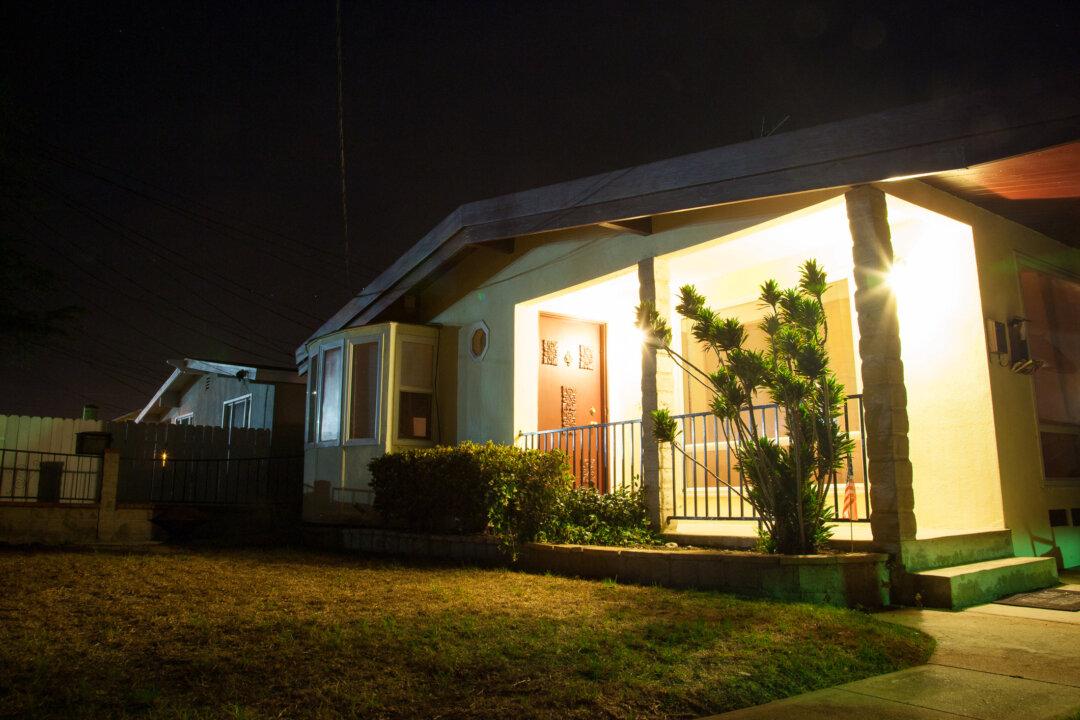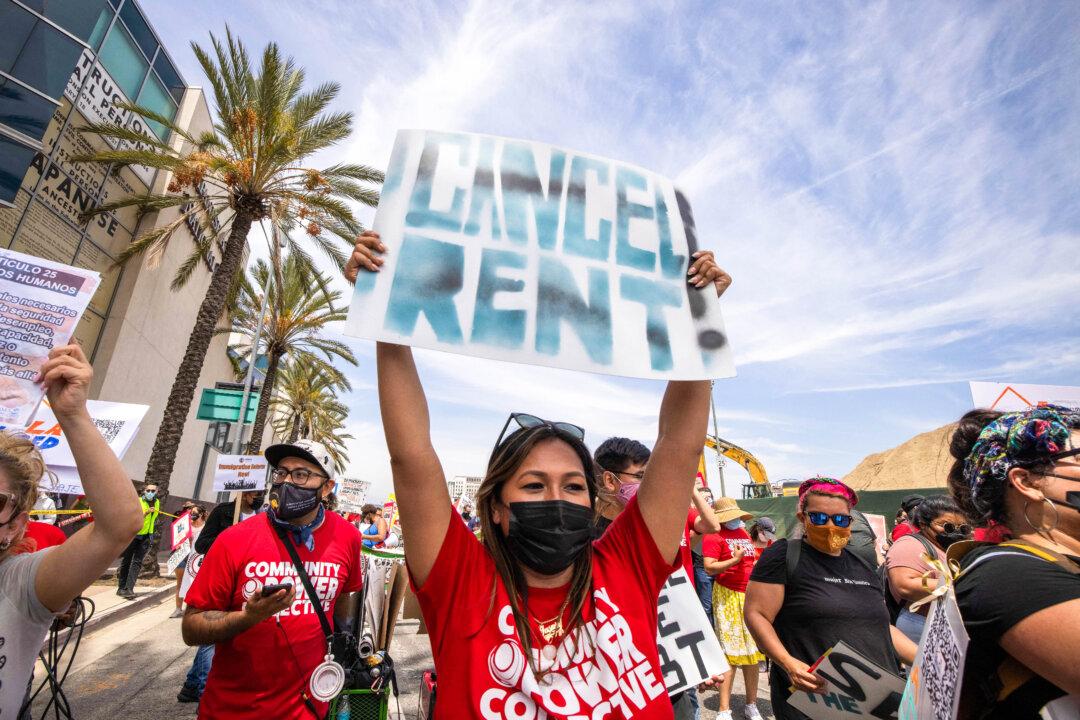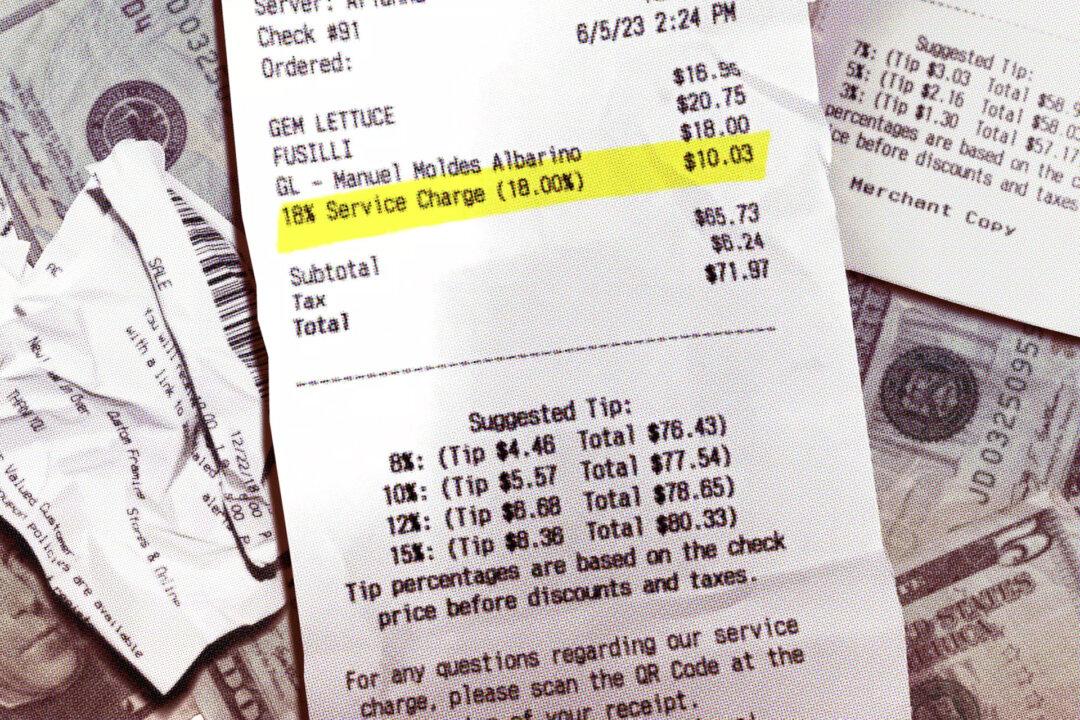Los Angeles Superior Court Judge Curtis Kin on April 22 struck down Senate Bill (SB) 9, which allows property owners in California to split their lots and add up to three accessory dwelling units on their property.
SB 9 was enacted in 2021 to address California’s housing crisis, but last week, Judge Kin sided with the five California charter cities—Carson, Redondo Beach, Torrance, Whittier and Del Mar—that sued the state of California in 2022, contending that SB 9 violates the California constitution.





